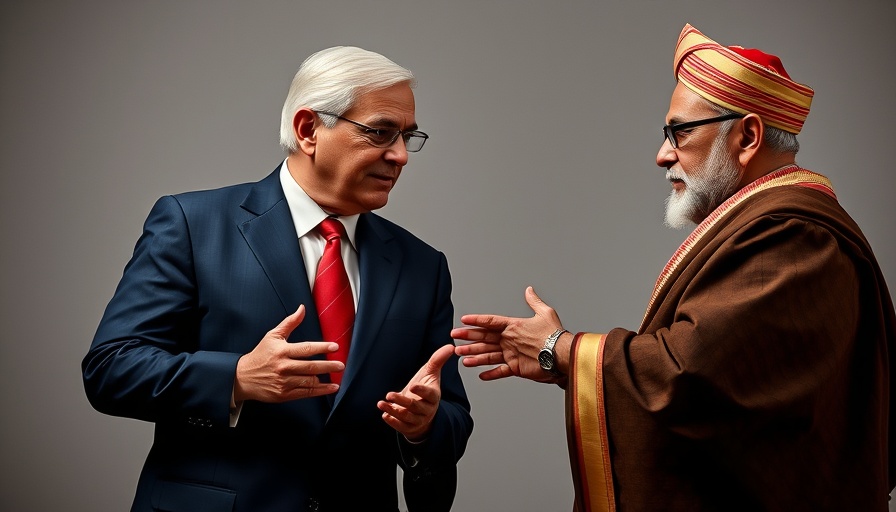
The Tension Between Diplomacy and Defense in U.S.-Iran Relations
In a revealing admission from a senior Israeli official, it has been highlighted that the ongoing negotiations surrounding the Iran nuclear deal could significantly hinder Israel's military response options. This recognition comes at a time when media reports suggest that the talks are progressing, albeit under a cloud of skepticism in Israeli security circles.
Prime Minister Benjamin Netanyahu has been proactive in expressing his concerns about Iran's nuclear ambitions. His statements reflect a deep-seated worry regarding the implications of a potential deal that might limit Israel's operational capabilities in the region. The official emphasized that while the political climate around such negotiations is fraught with difficulty, Netanyahu has indicated a willingness to act decisively, even implying that he might bypass U.S. strategic advice if necessary.
Understanding Israel's Security Landscape
For the average believer and socially conscious Christian, understanding the nuances of geopolitical tensions in the Middle East is crucial. The historical context of Israel's security concerns is rooted in decades of conflict and the pursuit of peace amidst persistent threats. Surrounding nations, including Iran, have historically posed existential threats to Israel, making any perceived decline in military capabilities a source of anxiety.
The interfaith dialogue that encourages understanding between Christians, Jews, and Muslims can be further enriched by discussions around these geopolitical dynamics. This creates opportunities for mission-minded individuals to better comprehend the complexities their faith engages with in a politically sensitive landscape.
Who Benefits from the U.S.-Iran Deal?
As the talks progress, many are left to ponder who actually stands to gain. For Iran, any agreement may be viewed as a pivotal success granting legitimacy and increased regional influence. For Israel, however, the deal presents a paradox; while there is hope for peace, there is also a profound concern about security and national integrity.
Believers engaged in social justice advocacy should reflect on how these international relationships impact vulnerable populations, including religious minorities, who often bear the brunt of geopolitical conflicts. Understanding these impacts can inspire action and support through prayer and humanitarian efforts.
Future Directions and Opportunities for Engagement
Looking forward, the trajectory of U.S.-Iran negotiations will shape not only military strategies but also the broader discourse on faith and politics. As communities of faith, mission-driven Christians are called to pray for peace that transcends borders but also to advocate for justice for all, recognizing that the path forward requires both dialogue and vigilance.
Ultimately, recognizing the interplay between faith and geopolitics offers an opportunity for believers to engage with a world in need, preparing them to take informed actions based on love, compassion, and understanding.
 Add Row
Add Row  Add
Add 








 Add Row
Add Row  Add
Add 

Write A Comment